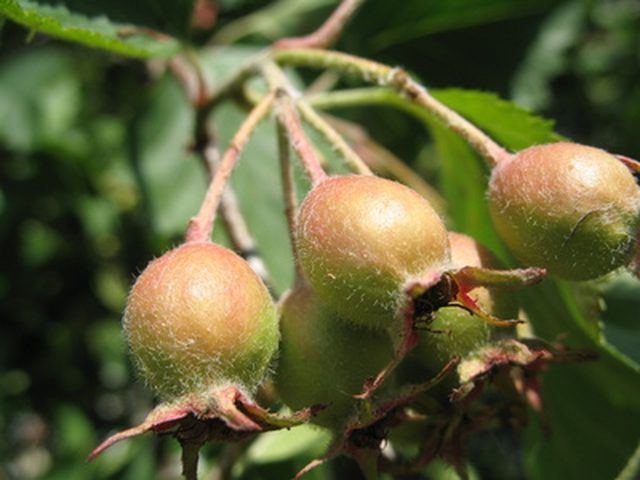Bulbs
Flower Basics
Flower Beds & Specialty Gardens
Flower Garden
Garden Furniture
Garden Gnomes
Garden Seeds
Garden Sheds
Garden Statues
Garden Tools & Supplies
Gardening Basics
Green & Organic
Groundcovers & Vines
Growing Annuals
Growing Basil
Growing Beans
Growing Berries
Growing Blueberries
Growing Cactus
Growing Corn
Growing Cotton
Growing Edibles
Growing Flowers
Growing Garlic
Growing Grapes
Growing Grass
Growing Herbs
Growing Jasmine
Growing Mint
Growing Mushrooms
Orchids
Growing Peanuts
Growing Perennials
Growing Plants
Growing Rosemary
Growing Roses
Growing Strawberries
Growing Sunflowers
Growing Thyme
Growing Tomatoes
Growing Tulips
Growing Vegetables
Herb Basics
Herb Garden
Indoor Growing
Landscaping Basics
Landscaping Patios
Landscaping Plants
Landscaping Shrubs
Landscaping Trees
Landscaping Walks & Pathways
Lawn Basics
Lawn Maintenance
Lawn Mowers
Lawn Ornaments
Lawn Planting
Lawn Tools
Outdoor Growing
Overall Landscape Planning
Pests, Weeds & Problems
Plant Basics
Rock Garden
Rose Garden
Shrubs
Soil
Specialty Gardens
Trees
Vegetable Garden
Yard Maintenance
Natural Insecticide for Fruit Trees
Natural Insecticide for Fruit Trees. Many gardeners and farmers choose to treat their fruit trees with natural insecticides because they don't want to consume toxic pesticide residue; they wish to keep chemicals out of the atmosphere; or they realize that conventional insecticides kill beneficial insects like honeybees. Gardeners can achieve a...

Many gardeners and farmers choose to treat their fruit trees with natural insecticides because they don't want to consume toxic pesticide residue; they wish to keep chemicals out of the atmosphere; or they realize that conventional insecticides kill beneficial insects like honeybees. Gardeners can achieve a satisfactory degree of insect control on fruit trees using natural insecticide sprays.
Benefits
No matter how much a consumer washes his fruit, it's nearly impossible to remove all toxic residue from chemical pesticides from the fruit. In fact, the Environmental Working Group lists five fruits grown on trees in its "Dirty Dozen" list of produce that carries the highest pesticide load: peaches, apples, nectarines, cherries and pears. Using natural insecticides on fruit trees can reduce consumer exposure to these chemicals.
According to the University of Rhode Island Landscape Horticulture Program, one widely used commercial insecticide is highly toxic to bees. Even though this insecticide kills pests, without pollinators such as bees, no fruit will grow on the trees. This is another reason why using natural insecticides is beneficial.
Types
Insect soaps penetrate the waxy protective coating of insects and destroy their cells, leading to their death. Oils from these soaps prevent oxygen from reaching insect eggs and adult pests, which suffocates them. Diatomaceous earth, made from the skeletal remains of microscopic marine creatures, kills fruit tree pests by slicing through an insect's protective exoskeleton. Botanical pesticides such as neem and pyrethrins use the natural toxins found in some plants to kill insect pests. Minerals such as kaolin clay provide a protective film that insects find unappetizing.
Time Frame
Gardeners can apply natural insecticide in the late winter (this dormant spraying is done before fruit trees produce buds) to prevent pest outbreaks. An example of dormant spraying is the use of horticultural oils: These oils can smother the eggs of fruit tree pests like aphids, caterpillars and mites.
During the growing season, gardeners need to treat pests that are actively infesting their fruit trees with a spray that targets each specific pest. According to the Virginia Cooperative Extension, insect pests such as aphids can have several life cycles in one growing season, so growers may need to reapply natural insecticides several times to achieve control.
Considerations
Natural pesticides that are safe to consume in small amounts as residue can still cause irritation to the lungs or skin. The North Dakota State University Extension Service notes that it's important for gardeners to wear protective clothing, even when using natural insecticides. Gardeners should avoid spraying natural pesticides on windy days and should always stand upwind of the trees they're spraying.
Fruit tree growers should identify problems affecting their trees before indiscriminately applying insecticides, even natural ones. Insect sprays can't control diseases caused by fungal spores, for example.
Gardeners should apply natural insecticides according to the directions on the package. Applying too much insect spray can damage plants or kill beneficial insects like bees and parasitic wasps.
Warning
Insect soaps can cause phytotoxicity, which means that they poison the plants they're meant to protect. Fruit trees are most vulnerable to phytotoxicity from natural insecticides when temperatures rise above 80 degrees.
According to Colorado State University Extension, cherry and plum trees are the most sensitive to damage from insect soaps. Gardeners can ward off potential leaf damage by diluting the insect soap more than the recommended dosage to create a weaker 1 percent solution by mixing 2 tsp. of soap per quart of water. Gardeners can also rinse the trees with fresh water two hours after applying the insecticide to dilute it.